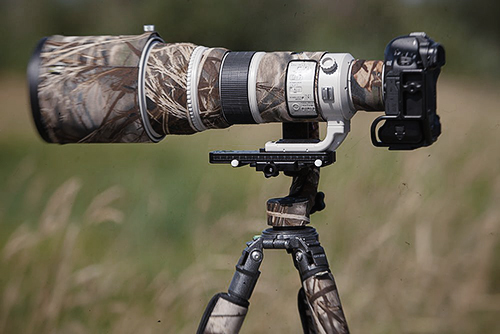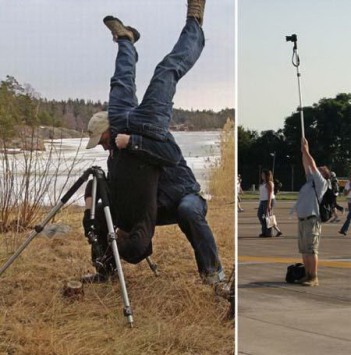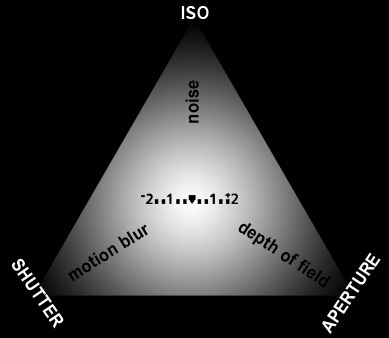
Image Stabilization (or Vibration Reduction in Nikon) is a technology found on some DSLR Canon and Nikon lenses. Activate the image stabilization (IS) so that the photographer can produce sharp images in lightless conditions without using a tripod. In another words, you can use adequately slower shutter speed when the camera is on your hands without blurring the image.
Image Stabilization or Vibration Reduction
It functions to reduce vibration effects during the shoot and helps stabilize it so that the image will come out sharper. The IS or VR are claimed to be able to make images sharper even in a slow exposure condition for about 2 to 3 stop.
The one question mostly asked by readers through email is:
“What is the effect of activating IS or VR when we photograph using a tripod?”
The answer heavily depends on the model of the IS/VR lens used. At the very beginning of the IS and VR introduction, several images taken using these lens while the tripod was used, came out blurred. The reason is because the technology default of image stabilization will always find the camera movement. So, when a camera is attached to a tripod and it becomes stabile, the IS/VR will get confused instead so that the resulted image will be blurred.

To deal with this issue, Nikon and Canon introduce a new technology of image stabilization with an ability to detect when a camera is placed on tripod (tripod detection).
In order to make sure that your IS or VR lenses feature this tripod detection, you will need to read your manual lens again. If your camera does not have it, turn off the IS/VR when you shoot using a tripod. And if it is indeed equipped with tripod detection, you may use your tripod since it will not blur your images.


















